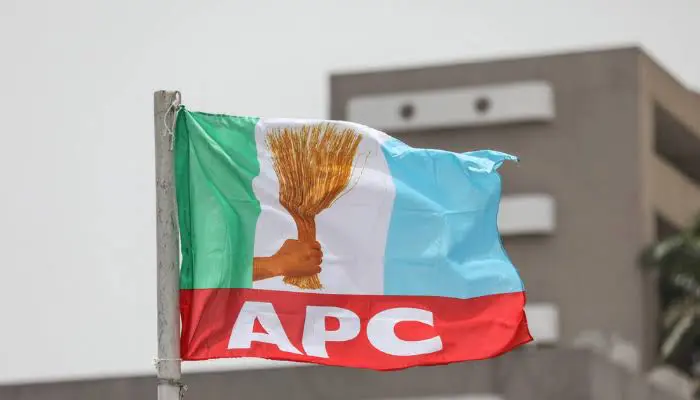As the world grapples with economic, security, and climate crises, Africa faces important choices on how to cope with climate change. The World Economic Forum warns that the cost of living crisis is the single largest threat to the global economy this year. While the positioning of major powers in response to the Ukraine war indicates a possible new world order, it appears not to be able to cope with the realities of the world. The devastating impact of climate change on the environment, economy, society, and security is the real catalyst for this combination of crises. Therefore, can Africa withstand the shocks and turn adversity into an opportunity for a new global positioning?
In December 2021, the United Nations Security Council’s African members (A3) developed a landmark resolution on the links between climate and security. The resolution received significant support but wasn’t adopted after Russia vetoed the draft. India also voted against it, and China abstained, but the current A3 members have pledged to continue this pursuit.
This raises three critical questions. First, what does the global climate dialogue mean for the development agenda? Second, what are the implications of the climate crisis for the current world order? Third, how will the global climate emergency affect the security architecture of Africa and the world?
Africa has developed a significant climate change footprint and has hosted several UN Framework Convention on Climate Change Conference of the Parties (COPs). The African Group of Negotiators has always been a part of the COP. The African climate governance landscape is promising, creating active structures in some regional economic communities that reflect commitment and agency.
The link between climate risk and human security creates dilemmas for Africa’s development plan, including the question of Africa’s US$10 trillion fossil fuel asset. As Africa transitions to a low-carbon economy, that asset is no longer available to power continental growth path unless exported out of Africa. Nevertheless, what if the world compensates Africa for not using the fossil fuel asset? This ‘new carbon trade’ compensates Africa for bearing the brunt of accumulated greenhouse gases released by the global north and developing countries like China and India.
Climate change highlights the need to answer a vital question, is the current world order and its financial system fit for purpose? A low-carbon and climate-resilient world requires access to affordable climate mitigation and adaptation financing. Failure to provide this will result in a climate catastrophe.
Africa needs a bottom-up push to drive a more robust global agenda. At the international level, the pursuit of sufficient reform to accelerate climate-resilient sustainable development is vital. A convergence must be found between climate change aspirations and the Sustainable Development Goals. This can engineer low-carbon development pathways to universal access to basic needs, poverty reduction and a shrinking of the world’s inequality gap. The human, climate, and environmental justice pathway choices must deliver peace and stability, end violent conflict and extremism, and recognize that we have incurred massive intergenerational debt.



